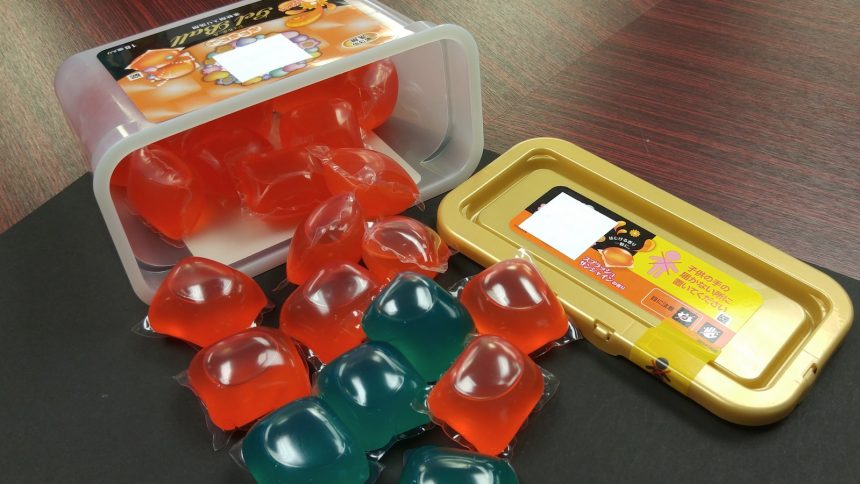Last month, New York City Council Member James Gennaro introduced a bill that aims to change the way New Yorkers do their laundry by banning laundry detergent pods coated in polyvinyl alcohol, or PVA, a type of plastic that disintegrates in water. The bill called “Pods Are Plastic” is a response to concerns raised by environmental advocates like Sarah Paiji Yoo, co-founder of plastic-free cleaning product company Blueland, who argue that PVA is not as safe and biodegradable as manufacturers claim.
Blueland, which produces PVA-free cleaning products, collaborated on the bill and has been vocal about the need to address microplastics pollution from laundry. Even if the bill passes, it will only address a small portion of the larger issue. Research shows that plastic microfibers shed from clothing during wearing, washing, and manufacturing processes contribute significantly to plastic pollution in the environment.
To combat this complex problem, advocates are calling for systemic solutions such as washing machine filters, sustainable clothing design, and moving away from fast fashion. The prevalence of plastic in clothing, with materials like polyester, nylon, acrylic, and spandex being derived from fossil fuels, exacerbates the issue. The transition to plastic production by fossil fuel companies poses further challenges in reducing microplastic pollution from textiles.
Apart from laundry, other sources of microplastic pollution from clothing include wearing synthetic fabrics, manufacturing processes, and disposal methods. These pathways contribute to the release of significant amounts of microplastics into the environment, impacting marine life and potentially human health. Efforts to address microfiber pollution need to consider the entire lifecycle of textiles, from production to disposal.
Unlike unintentional sources of microplastics, detergent pods intentionally add plastics to the laundry process. While industry trade groups defend the use of PVA-coated pods as a sustainable alternative, independent research suggests otherwise. Studies show that a significant portion of PVA does not degrade in wastewater treatment plants, leading to environmental release. The debate over the sustainability and safety of PVA in laundry pods underscores the need for transparent and comprehensive solutions to address microplastic pollution from textiles.






